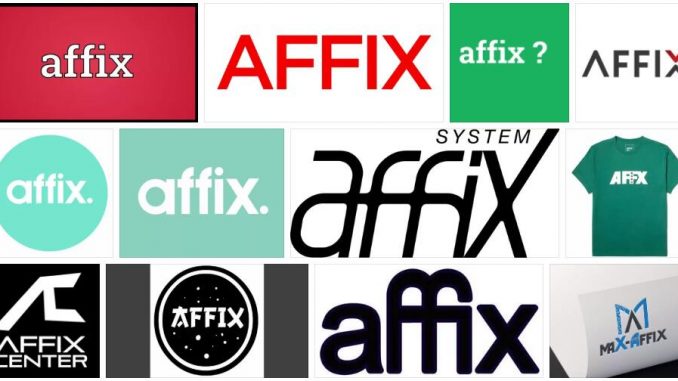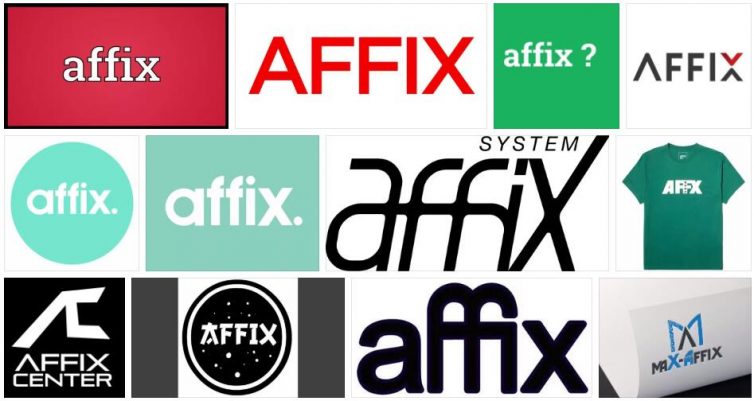
The first thing that we must take into account in order to be able to know the term affix is its etymological origin. In this case, we can determine that it is a word that derives from the Latin “affixus” and that means “correctly placed particles”. In the same way, we can indicate that it is the result of the sum of two clearly delimited components:
-The prefix “ad-“, which can be translated as “towards”.
-The adjective “fixus”, which is equivalent to “fixed”.
The dictionary defines affixes to the linguistic sequence that changes the meaning of a concept. It can be a prefix (an affix placed before the term to be modified), a suffix (it is placed at the end of the term) or an infix (it is introduced in the middle of the word).
The prefix, in this way, is an affix that is added to the beginning of a term to modify its meaning, giving rise to a derived word. If the prefix “post” is adhered to the term “modern”, the concept of “postmodern” is created. This notion created from the affix “post” alludes to the characteristics of something that link it to a certain movement or style that developed in the 20th century: “This is one of the best postmodern artists on the Asian continent”, “Criticism he qualified the film as postmodern because of its theme ”, “ The Austrian author surprised with a postmodern and pessimistic book ”.
The affix that is incorporated at the end of the term is known as a suffix. Thanks to suffixes, it is possible to convert an adjective into a noun. “Weakness”, to cite one case, is a noun that arises from the adjective “weak” and the suffix “idad”: “The American team has few weaknesses, but we will do everything possible to achieve a victory”, ” He knows my weakness and will try to take advantage of it ”, “ I don’t find any weakness in the project ”.
As for infixes, these affixes are not used in Spanish. In contrast, in Semitic languages such as Hebrew and Arabic they are very common.
In the same way, we cannot ignore that there is another meaning of the term affix that concerns us. Specifically, it is used within the canine field and comes to define a name that is requested from the relevant body (Canine Societies) to be included in all the names of the dogs that are held, regardless of their breed or pedigree.
It comes to be a kind of “surname” for dogs with which they come to identify with their owner. It must be emphasized that the aforementioned affix is for life for the person or litter that has requested it, that no one can own more than one affix and that to be the owner of the affix it is essential to own the mother of the litter.
Specifically, in Spain requests for affixes are made from the Royal Canine Society of Spain to the Federation Cynologique Internationale (FCI), which is based in Belgium and is in charge of granting them.
